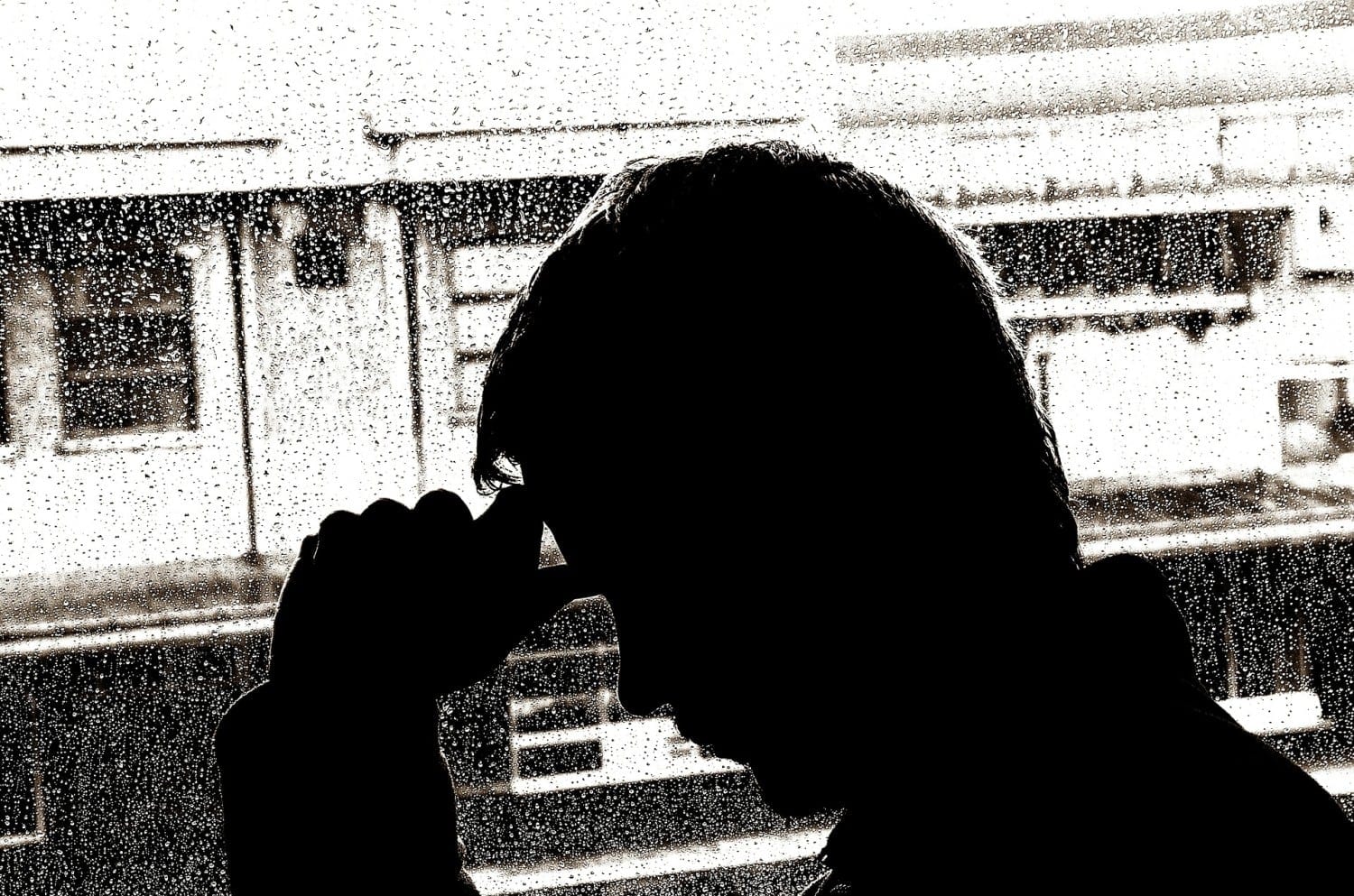One in four people experience depression at some point in their lives. But can acupuncture help with depression? According to recent studies, the answer is ‘YES’.
Firstly let’s look at TCM.
TCM encompasses the whole of your body’s health, and in fact in TCM there is no brain. In TCM the view on mental health is that it’s not that of a seperate disorder. Our organs are all allocated roles and each have independent responsibilities. These responsibilities corroborates towards homeostasis and health. In essence each organ has their own role to play in keeping you balanced and functioning. When things are out of balance and you don’t feel yourself, this is when feelings like depression can set in. Like a dark cloud rolling in.
As TCM practitioners, acupuncturists recognise the balance of multiple organ pathologies and that emotions will be a bit like a juggling act, keeping an eye on all the balls in the air at once.
In TCM the Heart energy is referred to as the Emperor. It is supported by the other energies in the body but it is the centre of where we focus our treatment when anxiety or depression is present.
Acupuncture treatment comes in the form of balancing all energies. When you are deficient in energy we aim to move qi and energy to the heart centre to nourish the Shen (mind). When you are in excess our aim is to move energy and heat away from the heart centre to allow for restfulness, peacefulness and calmness.
All treatments showed significant improvement in depression, but the acupuncture and integrative treatment were more beneficial than those that received conventional treatment.
What Depression Acupuncture Points Should I Use for My Depression?
Yin Tang, The “third eye” is located right in the middle of an imaginary line drawn between the end of your right and left eyebrows, above your nose. Press this point for depression. Hold it for up to five minutes.
Our acupuncturists recognise that there are times when pharmaceutical intervention is required for severe depression. We practice responsible and trusted referral base for severe mood disorders or for those unresponsive to current treatment.



